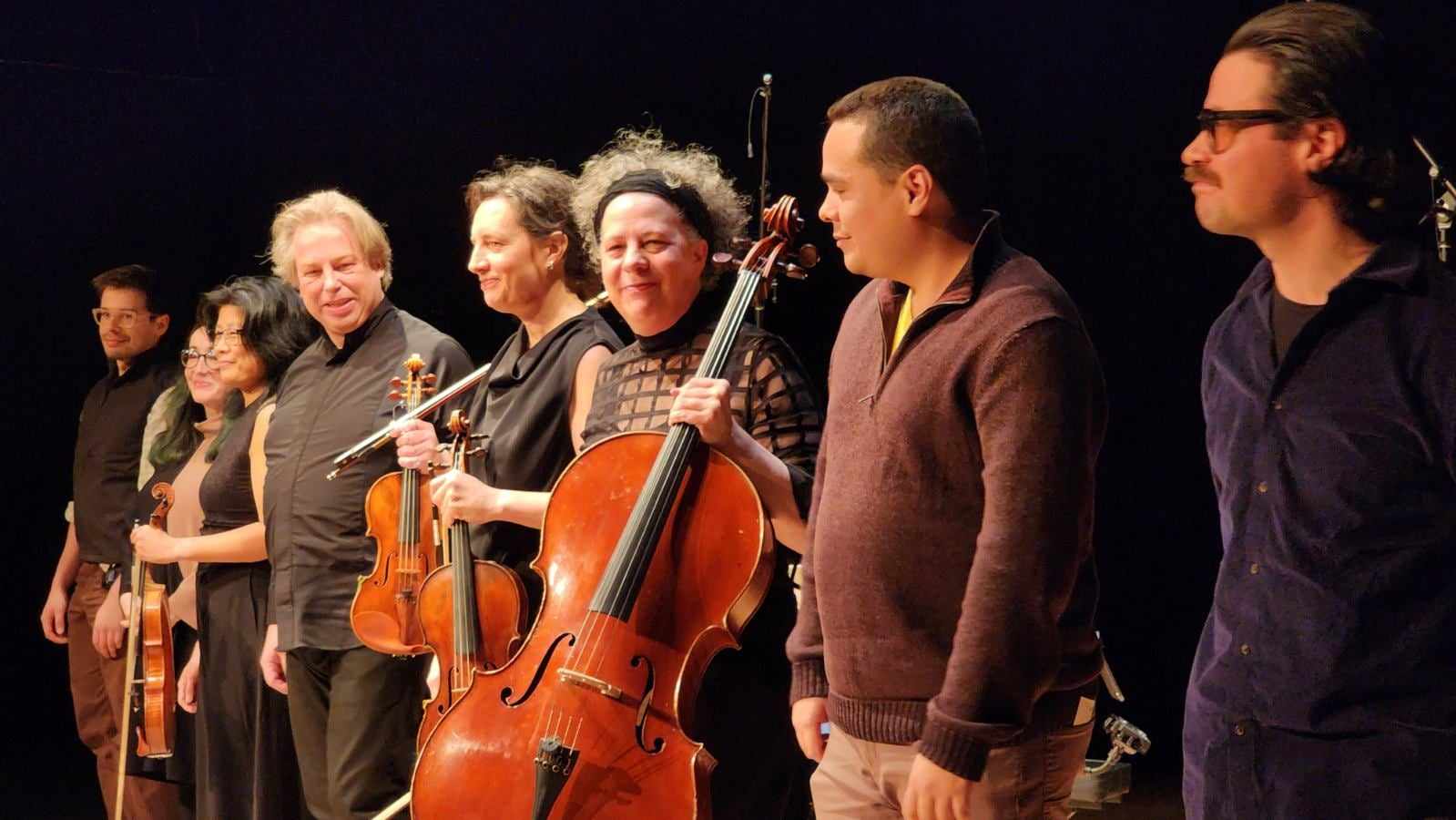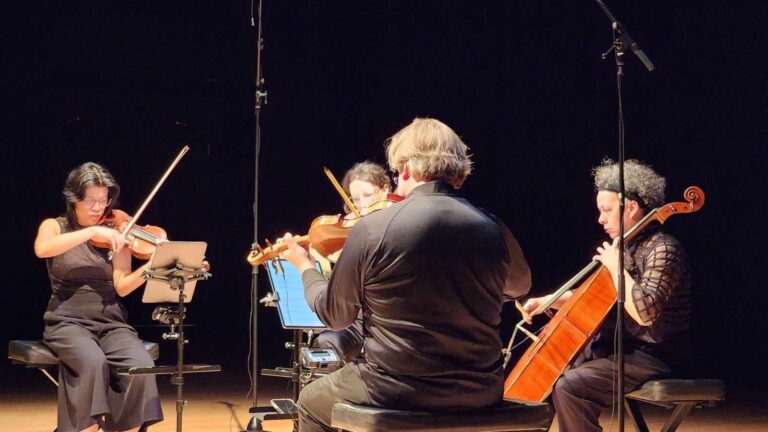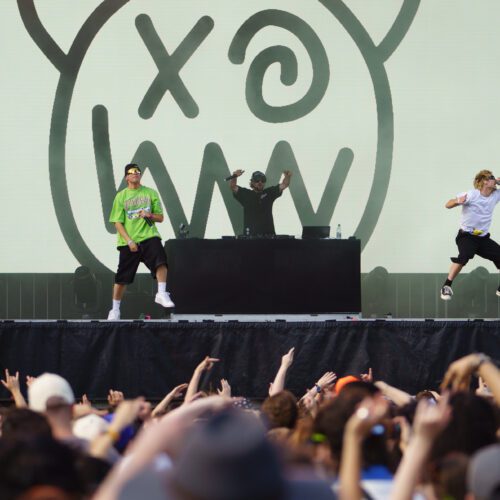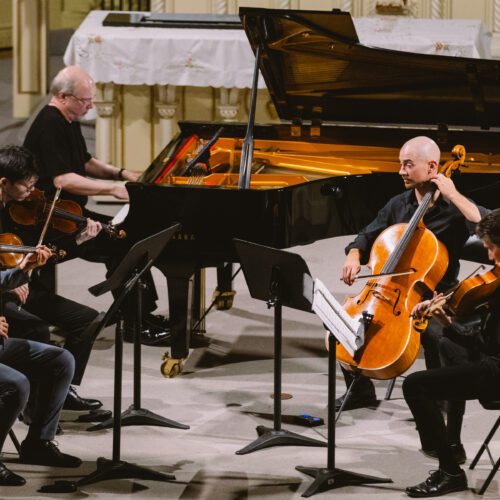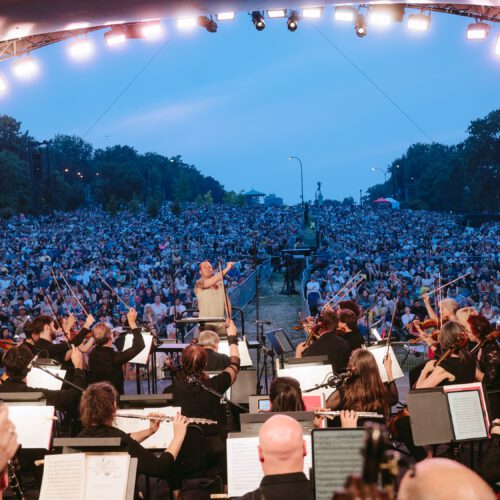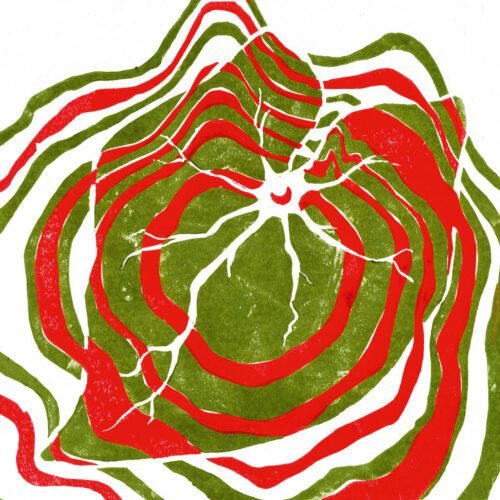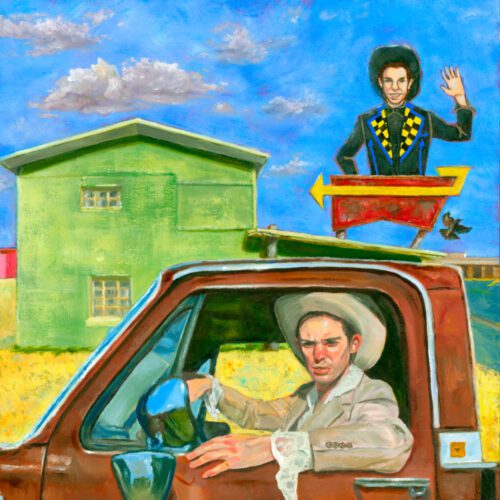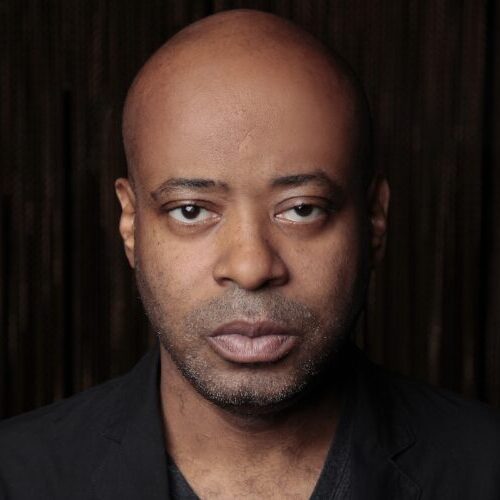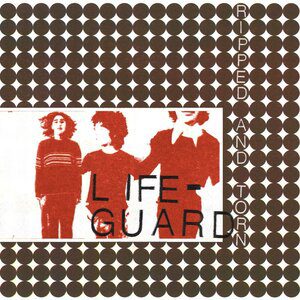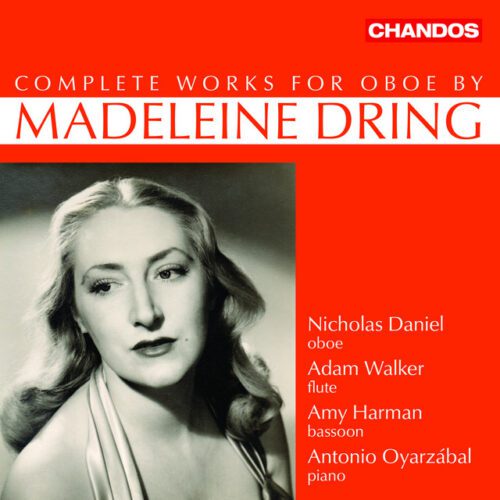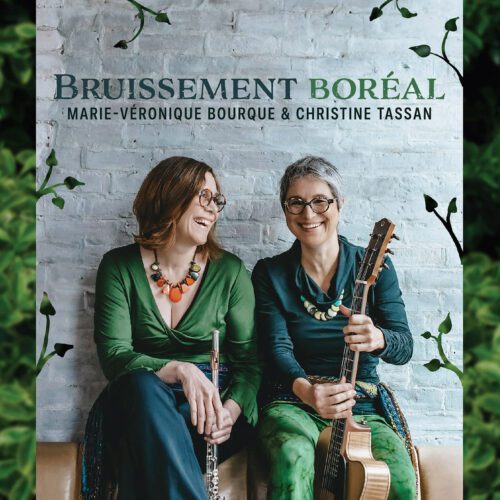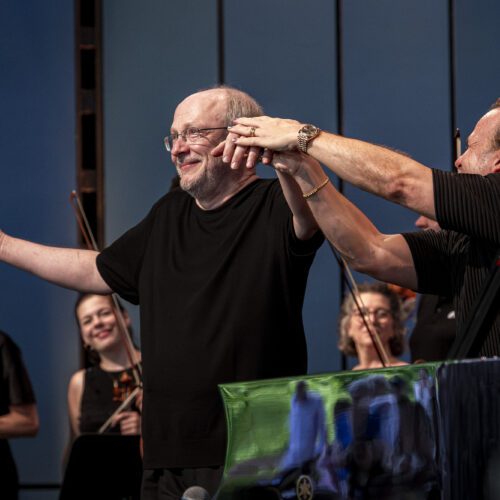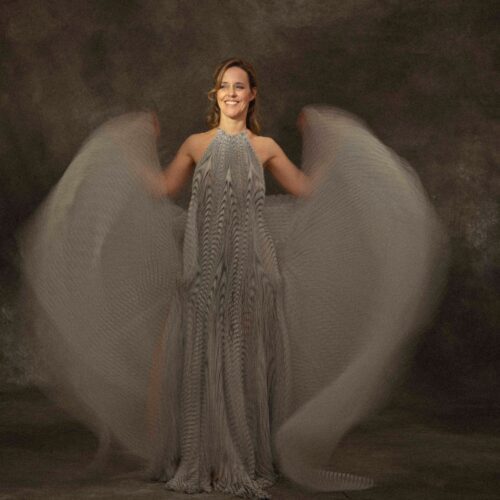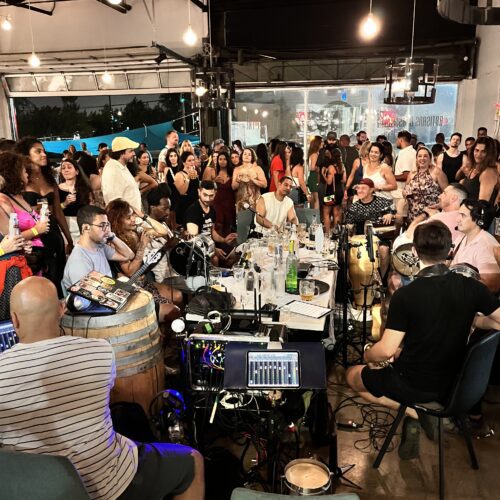Contemporary art music is doing well in Montreal. Yesterday (Tuesday night), a full house (the Espace Bleu in the Wilder complex in the Quartier des Spectacles) hosted Harmonies inouïes (Unheard-of harmonies), a concert by the Quatuor Bozzini, while the day before, the Agora Hydro-Québec in UQAM’s Cœur des sciences gave a full house to the SMCQ. Good news, then. But back to our Bozzinian business. This concert was no easy proposition: four creations of microtonal music by four relatively unknown young composers: Gabriel Dufour-Laperrière, Paolo Griffin, Bekah Simms and Francis Battah (who is nonetheless enjoying a growing reputation).
Next concerts of the Bozzini Quartet
Paolo Griffin’s Adherence is a rather monochrome (or should we say microchrome?) exercise that places the listener in a kind of sonic microgravity, made up of sustained notes (microtonal, of course) superimposed on one another in an almost non-existent dynamic. Gabriel Dufour-Laperrière’s Tout coule (everything flows) is stylistically close to Adherence, but already more fluid and active in its dynamics and instrumental writing. Numerous glissandos detail an undulating general architecture, constantly swelling and un-swelling. These dynamic peaks and lows remain centred on an average that oscillates between mezzo-forte and forte, but reach an intense double forte about four-fifths of the way through the piece.
The two best pieces (in my humble opinion) framed the programme. Songs for Fallow Fields by Bekah Simms, first in presentation, dares to use melody and consonance, grafted with ornamentation and microtonal harmonic coating. In this sense, the score by the young Glasgow-based Newfoundland composer is resolutely more ‘’contemporary’’ than the previous two. At the start of the 21st century, the exploration of encounters between neo-tonality, or even straightforward melodicism, and experimental avant-garde techniques is a promising avenue that greatly refreshes the discourse of learned music. It also has the not inconsiderable advantage of broadening the audience for this discipline. In short, to Bekah Simms (present in the audience), who said of this piece: “I’m not used to writing melodies, but this time I took the time to do so”, I would reply: “Keep going in this direction, and keep taking the time, it works!’’
The last piece on the programme was also the most fleshed-out, the most accomplished and the one that demonstrated the best mastery of the musical language, but also of the principle of discursive structure and of a narrative that is both demanding and easy to understand.
Simply entitled String Quartet No. 4, the work by Montrealer Francis Battah goes even further than the melodic consonance/microtonality encounter of Bekah Simms. In his quartet, Battah constructs a system of microtonal modal music! This is not in itself an invention, since in certain cultures, such as the tradition of maqam singing in learned Muslim music, modal microtonality is a given. Nevertheless, Battah’s approach is accomplished and frankly successful, enabling him to create a vehicle in which imaginary folk music is evoked in a generous canvas of some 20 minutes. Listening to it, we get the impression that a door to a parallel universe has opened, letting us discover a world similar to our own, but in which the ‘normal’ musical foundations are microtonal. Battah has listened extensively to a wealth of non-European folk and art music to inspire his writing. Celtic, Indian, Arabic and Persian influences can be identified, like ghostly but easily discernible spectres. Francis Battah’s String Quartet No. 4 will, I ardently hope (and dare to predict), have a long and happy life. Serious and daring quartets will find in it material worthy of their talent and a work which, despite its high degree of knowledge, will appeal to a curious and attentive public. My friend and colleague Alain Brunet, who accompanied me to the concert, also agrees.
It would be almost pointless to underline, once again, the quality of the Bozzini quartet’s playing. Impeccable and perfectly in tune with the will of the creative artists. There is certainly a lucky star hanging over the heads of these four young artists in learned composition, because to see one’s music played by an ensemble of such high calibre is an exceptional privilege.
